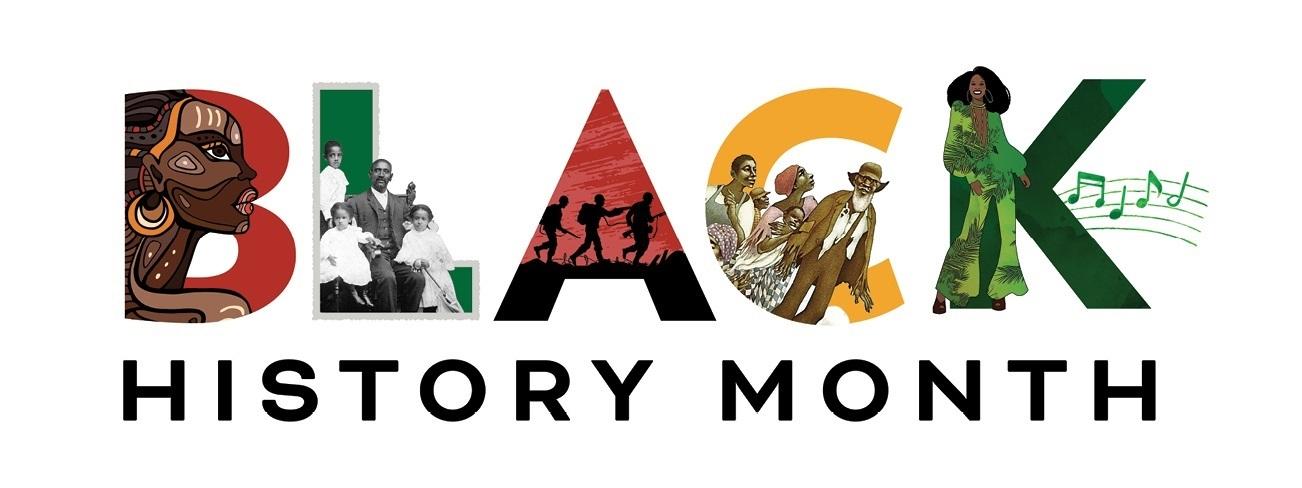By: Jordan Jackson
Every February, people in the United States celebrate the achievements and history of African Americans as part of Black History Month. Many do not know since its inception, Black History Month has had a theme. This year the theme is The Black Family: Representation, Identity, and Diversity; explores the African diaspora and the spread of Black families across the United States.
Black History Month was created to focus attention on the contributions of African Americans to the United States. It honors all Black people from all periods of U.S. history, from the enslaved people that were first brought over from Africa in the early 17th century to African Americans living in the United States today. The Black History Week has grown to Black History Month on many college campuses due in part to the Campaign for Civil Rights and increasing knowledge of Black identity. President Gerald Ford extended the week into the Black History Month during 1976, at the height of the Civil Rights Movement. In his message on the observance of Black history, he urged his fellow citizens to “seize the opportunity to honor the too-often neglected accomplishments of Black Americans in every area of endeavor throughout our history.”
Carter G. Woodson, also known as the “Father of Black History,” founded the Association for the Study of African American Life and History in response to the American education system degrading information about the accomplishments of African Americans and contributions to American culture. He also founded the Association for the Study of Negro Life and History.
From the outset of Black History, many American public schools offer only a watered-down, clean version of slavery and the civil rights movement, along with biographies of a handful of figures who cater to white audiences. Some even refuse to present or celebrate Black History in the classroom. “….taking up the history of the Negro, and in most of the Negro colleges and universities where the Negro is thought of, the race is studied only as a problem or dismissed as of little consequence,” said Carter G. Woodson on the miseducation of Negros. Before the country can move past racial injustice, there needs to be the truth, then accountability, and then maybe reconciliation in schools and business. But throughout the rise of the Black lives matter movement and the realization of the injustice that been placed on black people, Americans are called to extend their study of black history.
Use this Black History Month to reflect on more than 400 years of black culture and heritage in national parks and neighborhoods across the country. Find out sites, historic events, and personal journeys to preserve the depiction, dignity, and diversity of Black people in the history of our nation and today.

